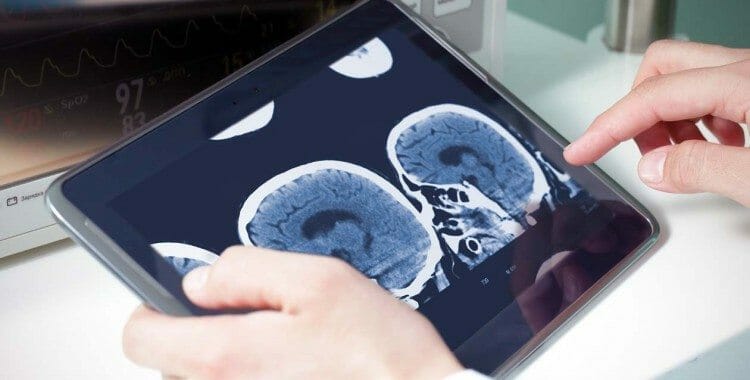March: Brain Injury Awareness Month
While any injury or disease may be tragic, perhaps none are so tragic as acquired brain injuries (ABI) or their subset, traumatic brain injuries (TBI). Brain injuries are not only physical, but they have the potential to change the very essence of the individuals who fall victim to them. And they are more common than most people think. The Brain Injury Association of America estimates that more than 12 million people in the United States live with the outcome of an acquired brain injury, with more than 3.5 million new injuries occurring each year.
As a result, organizations including BIAA have created a campaign, themed “Not Alone,” to raise awareness.
Troubling Statistics
The BIAA hopes to educate as many individuals as possible about the effects of brain injuries in order to both raise awareness and promote research that could potentially help with treatment. They have compiled a very comprehensive list of statistics that show brain injuries are not simply an abstract cause, but are prevalent in every segment of society at http://www.biausa.org
In their statistics, they list several categories, including the most common causes of brain injury…
Common Causes of Acquired Brain Injuries (ABI)
- Electric Shock
- Infectious Disease
- Lightning Strike
- Near Drowning
- Oxygen Deprivation (Hypoxia/Anoxia)
- Seizure Disorders
- Stroke
- Substance Abuse
- Toxic Exposure
- Trauma
- Tumor
Common Causes of Traumatic Brain Injuries (TBI)
- Falls – 40.5%
- Struck by/against – 15.5%
- Motor vehicle crashes – 14.3%
- Assaults – 10.7%
- Unknown – 19%
Wide-Ranging Societal Impacts
As with any serious injury, ABI and TBI have costs that go well beyond the price of a hospital visit. Initial medical expenses are often high, but in many cases, especially TBI, the medical bills don’t stop there. Those affected by the incidence and costs of brain injuries include:
- Survivors and their parents, spouses, siblings, extended families, and friends.
- Healthcare providers, including surgeons, physicians, counselors, rehab therapists, social workers, and personal care attendants.
- Insurance companies that issue auto accident, individual, and group health, disability, life and reinsurance policies.
- Educators at every level, but especially special education teachers and those who prepare America’s future healthcare workforce.
- Government agencies that administer health and social programs such as Medicare, Medicaid, State Children’s Health Insurance Program (SCHIP), Supplemental Nutritional Assistance Program (SNAP), vocational rehab.
- Employers of all types.
- Attorneys of all types, including those who handle personal injury, insurance and disability claims, civil rights/discrimination, domestic actions, wills, estates, and trusts.
As with most serious injuries, ABI can be difficult to get through alone, for both patients and caregivers. The demands on caregivers, in severe cases, can simply be overwhelming, from investments in money to investments in time. Again, depending on the severity of the case, it’s vital to access professional help wherever possible, and, when the injury occurred as the result of someone else’s actions, to seek legal counsel to ensure that any compensation due is received and the patient’s rights are protected.
Support is Available
Tucson and the surrounding areas host several support groups for those with brain injuries. The list is compiled by the Brain Injury Alliance of Arizona, and may be accessed at: http://biaaz.org/coping-with-brain-injury/support-groups/list/-in-cities/cities/tucson
If your loved one’s brain injury was the result of another person’s negligence, the Khalidi Law Firm, PLLC can help you recover damages to help with the costs of treatment. The road ahead may be difficult, but we can help you navigate the challenges.




